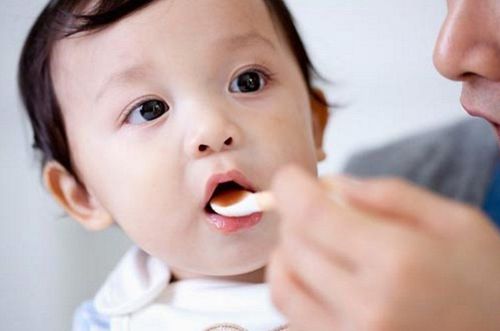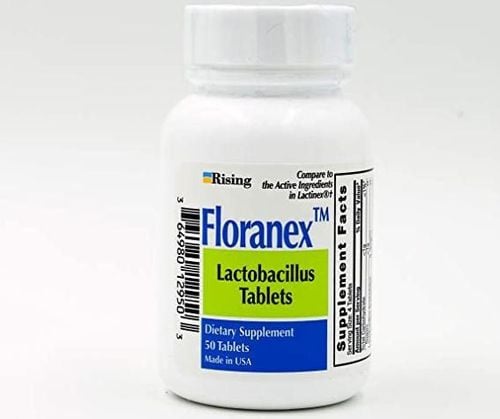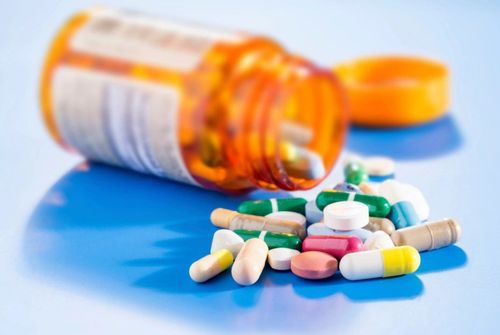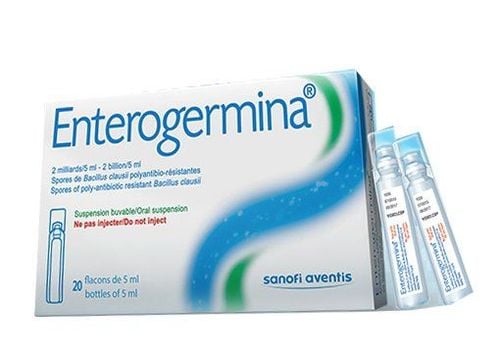This is an automatically translated article.
Antibiotics are a common medicine in the treatment of infections caused by bacteria. Medicines also have some interactions with certain foods and can have a positive or negative effect on health. So users need to pay attention to the issue of what to eat and what not to eat to take the drug in the safest way.
1. What should you eat when taking antibiotics?
Antibiotics are defined as drugs that treat infections caused by bacteria, which work by inhibiting the growth of bacteria in the patient's body. Clinically, there are many types of antibiotics today, be it broad-spectrum antibiotics that eliminate many types of bacteria or just antibiotics that attack certain types of bacteria. Although there are many effects in the treatment of diseases, antibiotics also cause many serious side effects, typically destroying liver cells, changing the microflora in the intestines as well as causing cancer. increased risk of obesity. More seriously, if overuse of antibiotics can lead to antibiotic resistance, making it difficult to use antibiotics to kill pathogenic bacteria.
Many studies around the world have recommended that taking probiotics or products containing beneficial bacteria to reduce the risk of diarrhea caused by antibiotics change the intestinal flora. In fact, it has been shown that taking probiotics at the same time as taking antibiotics will greatly reduce the incidence of diarrhea. In addition, probiotics should also be taken a few hours after taking antibiotics, as they can help restore gut bacteria.
Fermented foods are also recommended to restore gut microbiota after antibiotics. Because fermented foods contain a lot of beneficial bacteria such as Lactobacilli, they bring many benefits to the intestinal tract of patients taking antibiotics. Some common fermented foods are yogurt, cheese, kimchi, fermented soybeans, etc. These fermented foods help to reduce diarrhea caused by antibiotics.
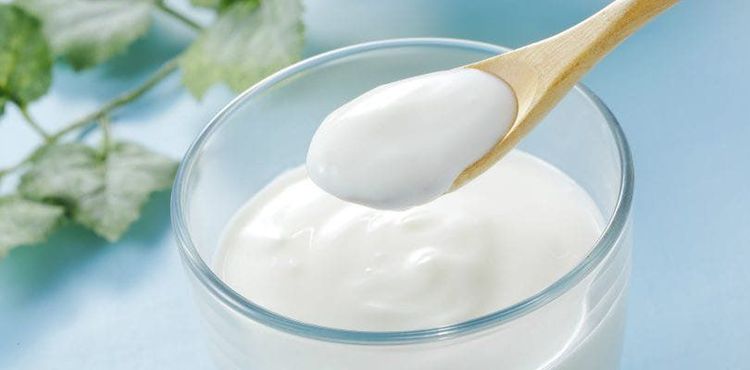
Sử dụng sữa chua khi uống kháng sinh giúp giảm tình trạng tiêu chảy ở người bệnh
Taking antibiotics should eat foods that contain a lot of fiber, because fiber helps stimulate intestinal bacteria to work, so it is beneficial to the health of the patient. Fiber also helps in the recovery of digestive tract bacteria after taking antibiotics more quickly. Some foods rich in fiber are whole grains, beans, broccoli, peas, bananas... Besides, foods rich in fiber not only stimulate the activity of beneficial bacteria, but also reduce the growth of harmful bacteria. However, fiber can slow down the rate of gastric emptying, so the absorption of drugs is poor, so it is not recommended to eat foods rich in fiber during the first time of taking the drug, but should add them after stopping taking antibiotics.
2. What should you not eat when taking antibiotics?
During treatment with antibiotics should avoid eating foods that reduce the effectiveness of the drug such as grapefruit or grapefruit juice. The cause was found to be that grapefruit juice, when put into the body, will be broken down by cytochrome P450 enzymes, causing the drug to be broken down improperly, thereby causing negative effects on the patient's health. In fact, many surveys have proven that if you drink grapefruit juice while being treated with antibiotics, the concentration of antibiotics in the blood will increase very high, proving that the drug has been broken down in the wrong way.
In addition, calcium supplements also reduce the absorption of drugs in the body, especially antibiotics Ciprofloxacin or Gatifloxacin. However, it is still necessary to supplement calcium for the body, but note that you should not eat foods that contain too high a calcium content.
Antibiotics are an effective treatment for bacterial infections, but there is still a risk of unwanted side effects. Therefore, to ensure the effectiveness of drug use as well as safety for users, it is necessary to pay attention to the issue of what to eat and what to eat when taking antibiotics.
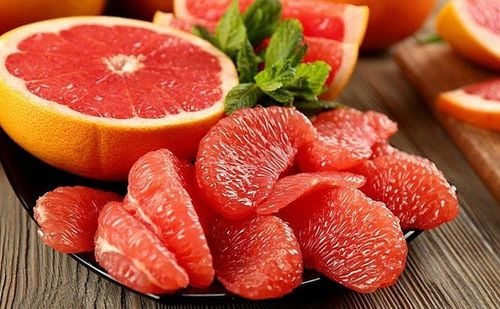
Người bệnh đang dùng thuốc kháng sinh không nên ăn bưởi
More importantly, before using any medicine, whether prescription or non-prescription, users also need to consult with doctors and pharmacists for appropriate indications. Because self-medication always carries many risks to the user's health.
Besides, customers can also visit the website of Vinmec International General Hospital regularly for more information about drugs and diseases shared by doctors, professors and experts.
Please dial HOTLINE for more information or register for an appointment HERE. Download MyVinmec app to make appointments faster and to manage your bookings easily.
Reference source: healthline.com





